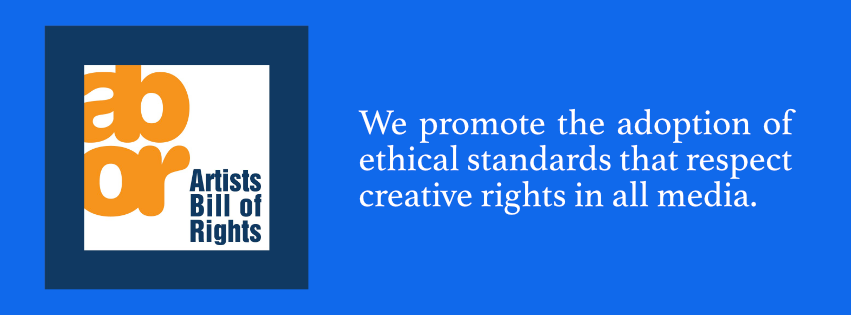About This Organisation
Taylor Wessing Photographic Portrait Prize
organized by
National Portrait Gallery
About these Organisations
![]() National Portrait Gallery - Founded in 1856, the aim of the National Portrait Gallery, London is ‘to promote through the medium of portraits the appreciation and understanding of the men and women who have made and are making British history and culture, and ... to promote the appreciation and understanding of portraiture in all media’.
National Portrait Gallery - Founded in 1856, the aim of the National Portrait Gallery, London is ‘to promote through the medium of portraits the appreciation and understanding of the men and women who have made and are making British history and culture, and ... to promote the appreciation and understanding of portraiture in all media’.
Taylor Wessing LLP - "a forward thinking international law firm for the industries of tomorrow"
About this Report
Competitions or appeals seeking submissions of creative works from the public, works such as photos, videos, poems, music, etc., are reviewed by the Artists' Bill of Rights campaign. The reviews are to help you decide whether or not you should participate in the competition or appeal. When you create a work (e.g. a photo) the law automatically makes you the sole beneficiary of certain rights over that work. These rights are called intellectual property rights. Note: Rights for works created in the course of employment are usually owned by the employer (i.e. works for hire).
Rights have a value and you are free to decide what that value is. If a person or organisation wants to use your work to promote something, you have the right to refuse permission or to set a fee for a specific use. More information about intellectual property rights and their value to you can be read in our Guide to Rights & Licensing.
About the Artists' Bill of Rights
The Artists' Bill of Rights principles for Creative Competitions
Competitions which meet all the standards set out in the Bill of Rights For Artists do not do any of the following -
- claim copyright
- claim exclusive use
- seek waiving of moral rights
- fail to give a credit for all free usage
- add, alter, or remove metadata from submissions
- seek usage rights other than for promoting the contest and no other purpose. Note that a book, posters, cards, or a calendar are seen as legitimate ways of promoting the contest and defraying costs
- seek free usage rights in excess of 3 years
- use the submissions commercially without the entrant's agreement, and such commercial usage is to be subject to a freely negotiated license independently of the competition.
- make it a condition of winning that an entrant must sign a commercial usage agreement
- fail to publish all documents on the competition website that an entrant may have to sign
- fail to name the judges for this or last year's competition
- fail to explicitly state all the organisations who will acquire rights to the submissions
- set a closing date more than 18 months after the contest launch date
- fail to make clear statements of rights claimed and how submissions are used.
We have written an Organisers Guide to the Bill of Rights to help organisers draft terms and conditions that respect the rights of entrants and at the same time provide legal protection for the organiser.
© Bill of Rights Supporters Group
![]()
The above text may be reproduced providing a link is given to the Bill of Rights For Artists.
Any text reproduced in italics in this report has been extracted from a competition or appeal website for the purposes of review.
Organisations who would like to be promoted as a Bill of Rights Supporter and have their competitions promoted on the Rights On List can use this contact form. We look forward to hearing from you.

